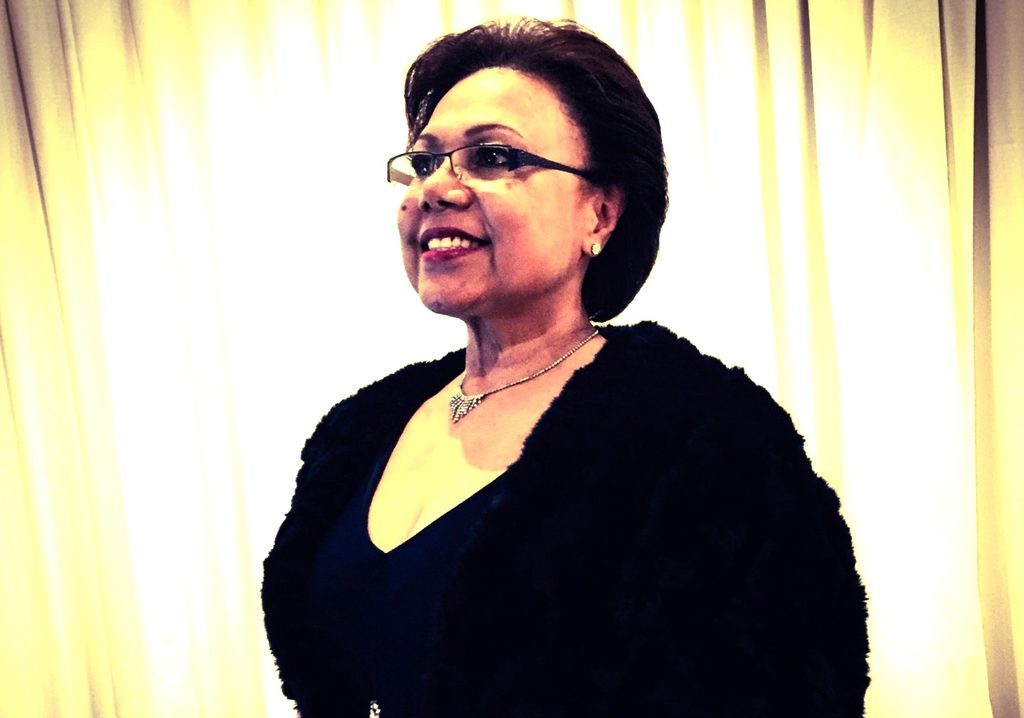Of all that breathes and crawls across the earth, our mother earth breeds nothing feebler than a man. But as long as he lives, and his knees have spring, one day he may win through misfortune and grief and come home to joy.” Homer, The Odyssey
For Lois Taufa Tanumi-Diethelm, home has never been a single place.
It is the enduring call of Soso Village in Kadavu, the family she once walked barefoot to feed, and the unseen hand that guided her across oceans, from Suva to Port Moresby, to Sydney, and back again.
Known in her circles as The Southern Princess, or Bulou ni Ceva, Lois’s journey carries shades of both Odysseus and Aeneas: the first driven by resilience to return home, the second compelled by duty to serve a greater destiny.
Hers is a life shaped by both.
Beginnings in Soso
Lois is the eldest of her siblings, “I was the home,” she said once, describing the years she worked to support her sisters and brother while still in her twenties.
“When they came home from school, they came to me. I was the home.”
She grew up in Suva when the city still glimmered with pride when the market was clean and people dressed well to shop.
Her first jobs at Woolworths, Burns Philp and Morris Hedstrom gave her a glimpse into Fiji’s vibrant retail life before she joined Pacific Harbour as public relations manager.
At just 22, she was tasked with creating a tourist village from scratch.
“I had no idea how to develop a village for tourist attraction,” she said.
“But within two months, I had built one from the ground up – bure, flowers, mats, everything.”
That small community became a showcase for local visitors and international guests – a place she later called her “first community development project.”
It was the beginning of a lifelong pattern: restoring pride where others saw little, and nurturing beauty where there was hardship.
Storms and endurance
Like Odysseus, Lois would know storms too.
Her first marriage in Fiji was marked by domestic violence, years she later described as “hell and back.”
“Every night I prayed for God to take my life,” she recalled softly.
“But He didn’t. He had a plan. I had to experience something so tremendous first. No pain, no gain, they say. But God was with me the whole time.”
The man who changed her path was Reverend Sotutu – a missionary who arranged her passport and helped her leave Fiji for Papua New Guinea in 1975.
“He said, ‘I can help you,’ and he did. That was domestic violence that drove me out of this country,” Lois said. “But God turned it into my deliverance.”
In Port Moresby, she worked at the Ministry of Foreign Affairs, then with San Miguel Brewery.
Her poise and professionalism soon made her one of the city’s most recognisable women, often invited to host dignitaries and government guests.
“I was young, naïve, but I was never afraid,” she said.
“They called me the princess of Papua New Guinea.”
Love and destiny
Years later in Sydney, her life turned again. She met her husband, an Englishman many years her senior, while working at the Sheraton Hotel. “He looked like Prince Charles,” she laughed.
“He said, ‘I’ll have black coffee but make sure you put your finger in it, that’ll be sweet enough for me.’”
It was an unlikely match, but a lasting one. “God took me from down there and raised me up here,” she said.
“He was my teacher, my protector.” Together they travelled widely from the Panama Canal to Jerusalem and she came to be known as “Miss Fiji” among those they met abroad.
“My husband used to say, ‘You are entering the fashion world of this city,’” she recalled.
“He taught me how to talk business, how to stand tall. I learned everything from him.”
A scholar’s return
In time, Lois found another calling – education.
She earned an Advanced Diploma of Applied Social Science from the Australian College of Applied Psychology, a Bachelor of Social Science from Edith Cowan University, and two master’s degrees; in International Studies and Political Economy from the University of Sydney. She later completed a Graduate Certificate in Research from Central Queensland University and attended the University of Cambridge Summer Programme in 2022, studying Greek and Roman Epic Heroes: Odysseus and Aeneas and British Politics: Themes and Challenges.
It was in Cambridge that her fascination with the ancient epics deepened.
“Odysseus taught me perseverance, to never lose sight of home, no matter the storms,” she said. “Aeneas taught me duty – that sometimes, your purpose is not just to return, but to build something greater.”
Those lessons found quiet parallels in her own life – her survival, her education, her compassion for others. “When I was four years old,” she said, “I stood at the door of our home and prayed that when I grow up, I would be filled with love and compassion for people. That prayer shaped everything I became.”
Today she continues to counsel victims of domestic violence and families in distress – work she describes as “a calling, not a career.” “I do it for free,” she said. “I just want to be filled with love and compassion for the people.”
The call to serve
Now, after decades abroad, Lois wants to return to Fiji – not as a visitor, but as a servant of her people. “I left Fiji physically,” she said, “but my heart never left.”
Yet she faces a barrier she believes should no longer exist: Section 56 of the 2013 Constitution, which prevents dual citizens from contesting parliamentary elections.
“I feel those like me, who give back to their communities no matter where they are in the world, should be allowed to serve,” she said. “You can live abroad and still love your country fiercely. You can still build, still serve, still give.”
It is a sentiment rooted not in politics, but in belonging – in that ancient tension between return and duty that Homer and Virgil understood so well.
Like Odysseus, Lois has endured trials that tested her resolve. Like Aeneas, she has found that destiny often demands sacrifice. And now, she stands at a different kind of shore – one that looks toward home.
“Everything I am,” she said, “is because Fiji taught me love, humility, and faith. I may have lived away, but Fiji has never lived away from me.”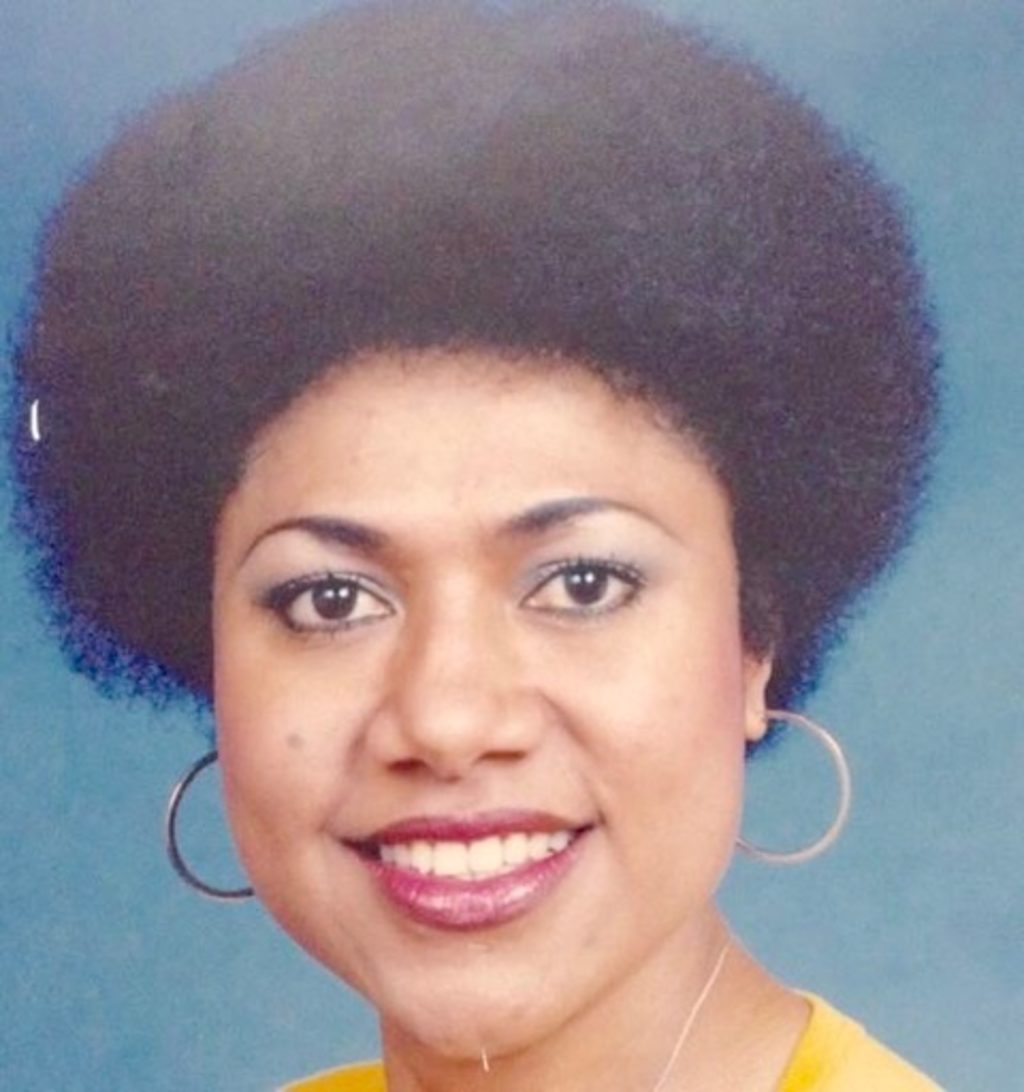
Left: A photo of Lois shortly after leaving Fiji. Picture: SUPPLIED
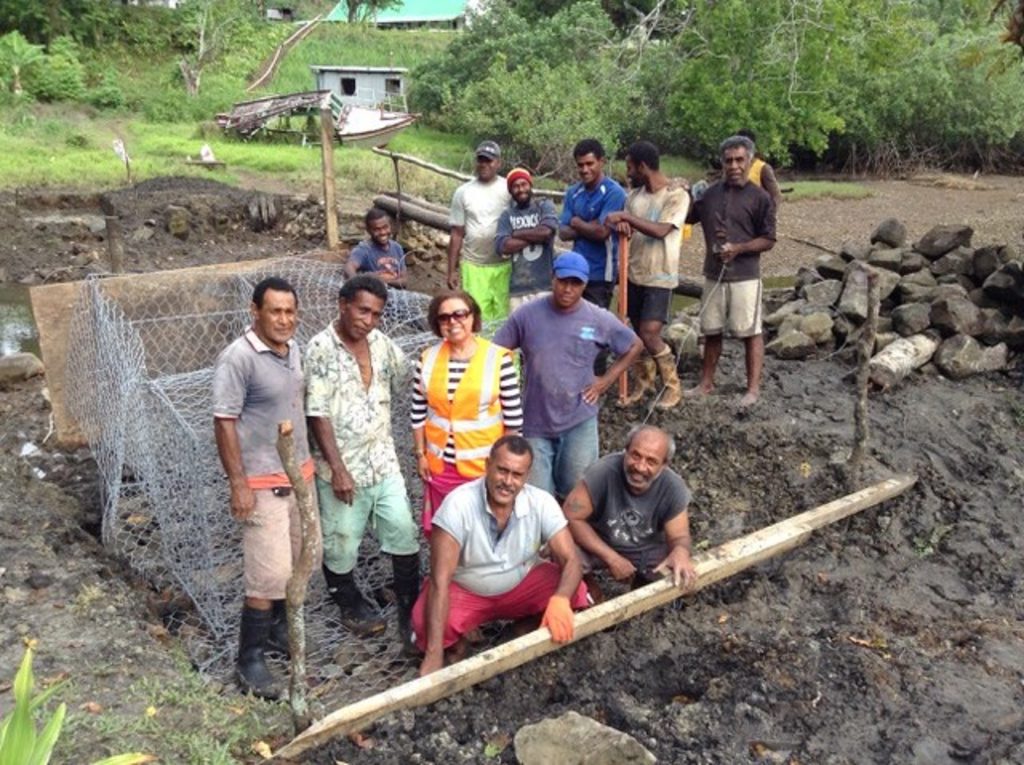
Lois getting her hands dirty while working on the Kawakawa Project.
Picture: SUPPLIED
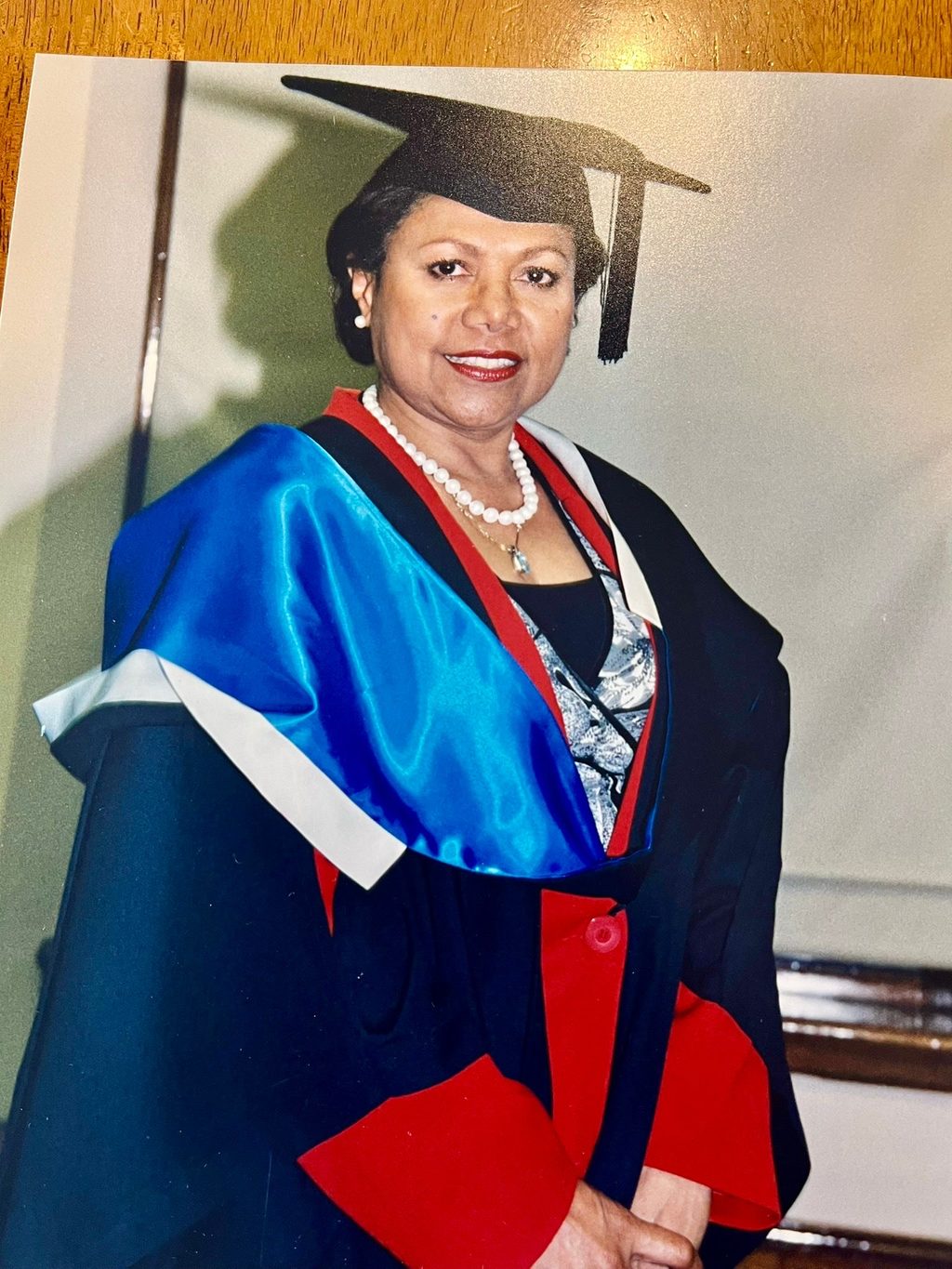
Lois on Graduation day. Picture: SUPPLIED
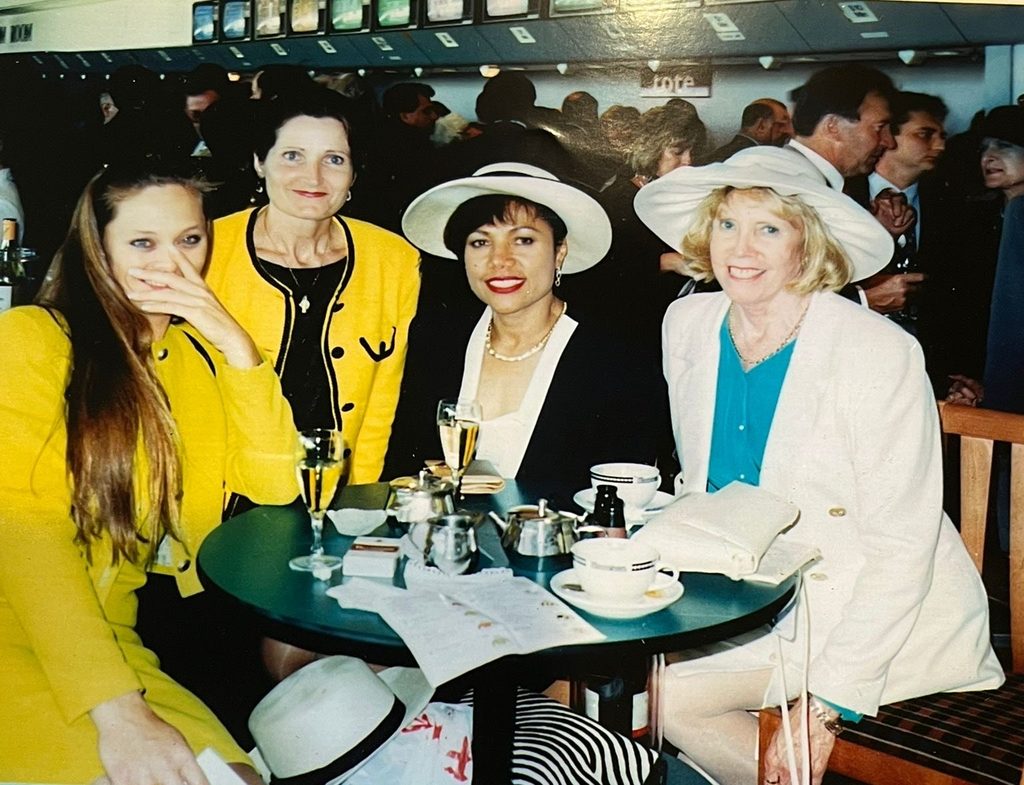
Enjoying the company of friends. Picture: SUPPLIED

